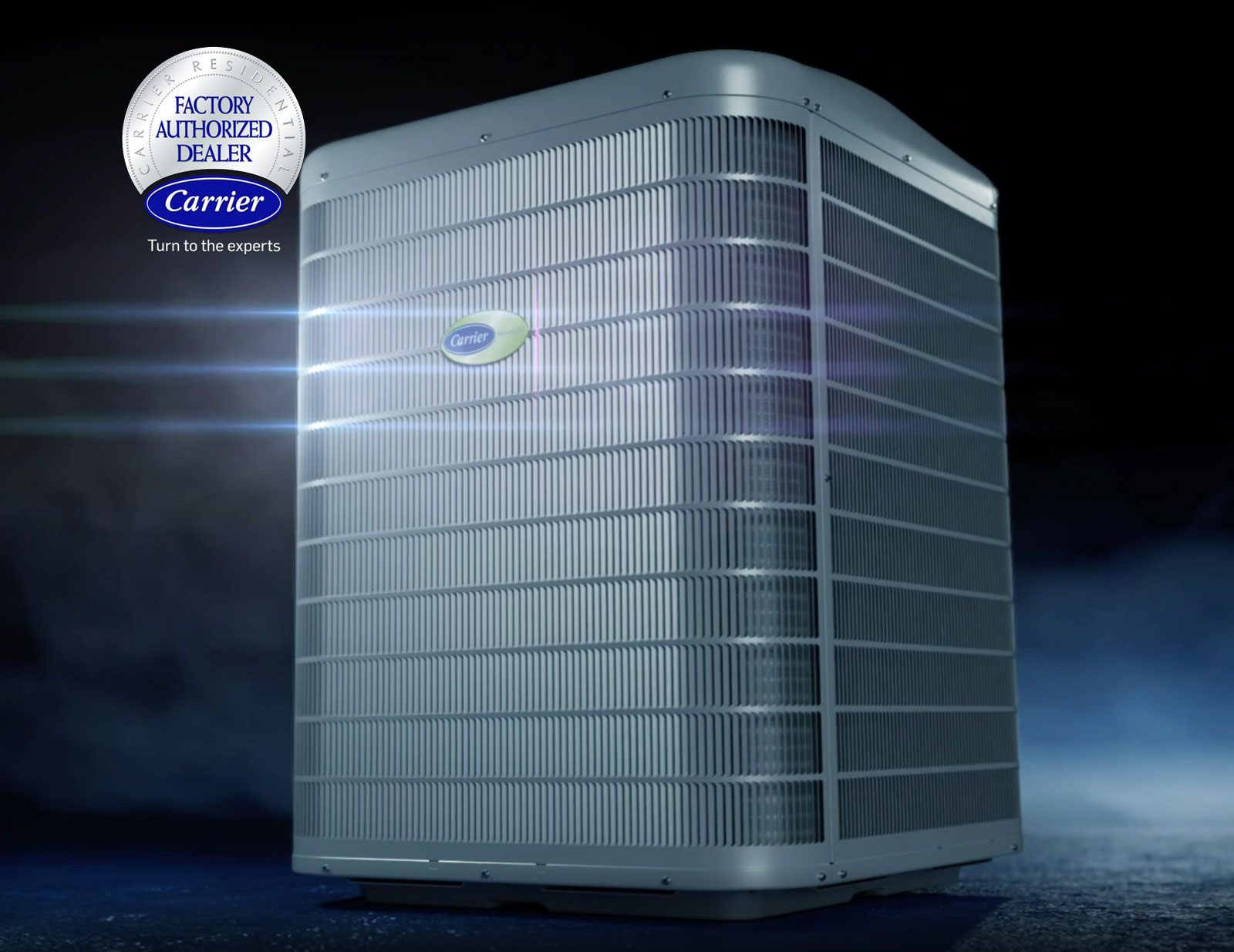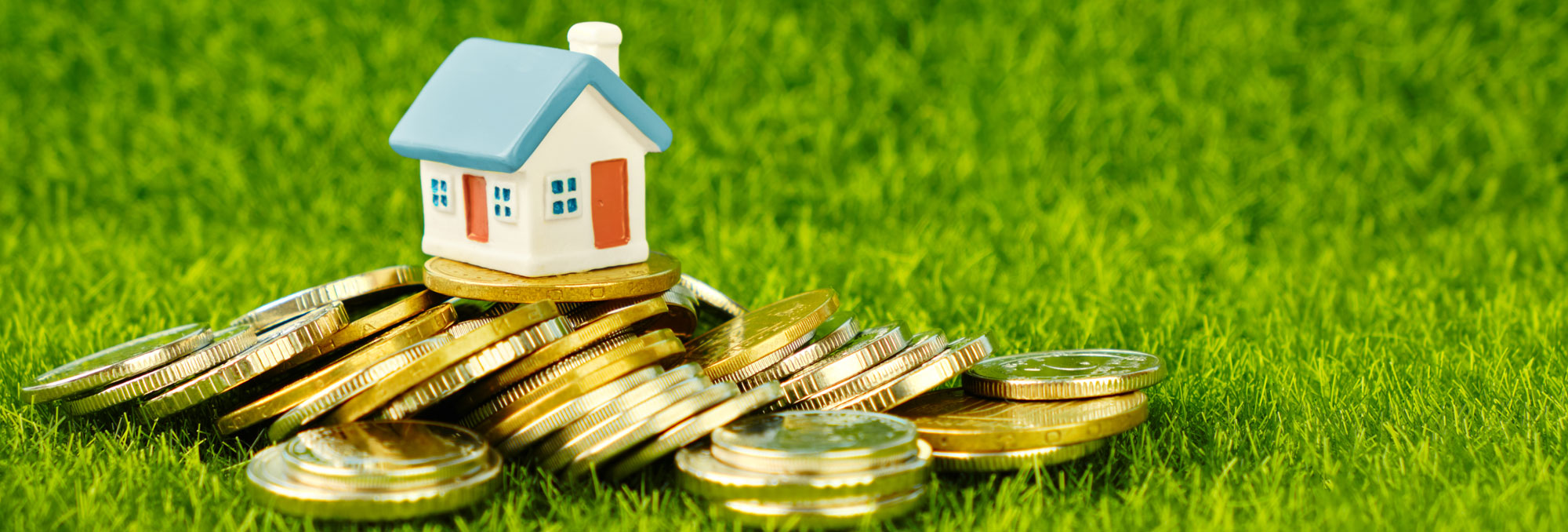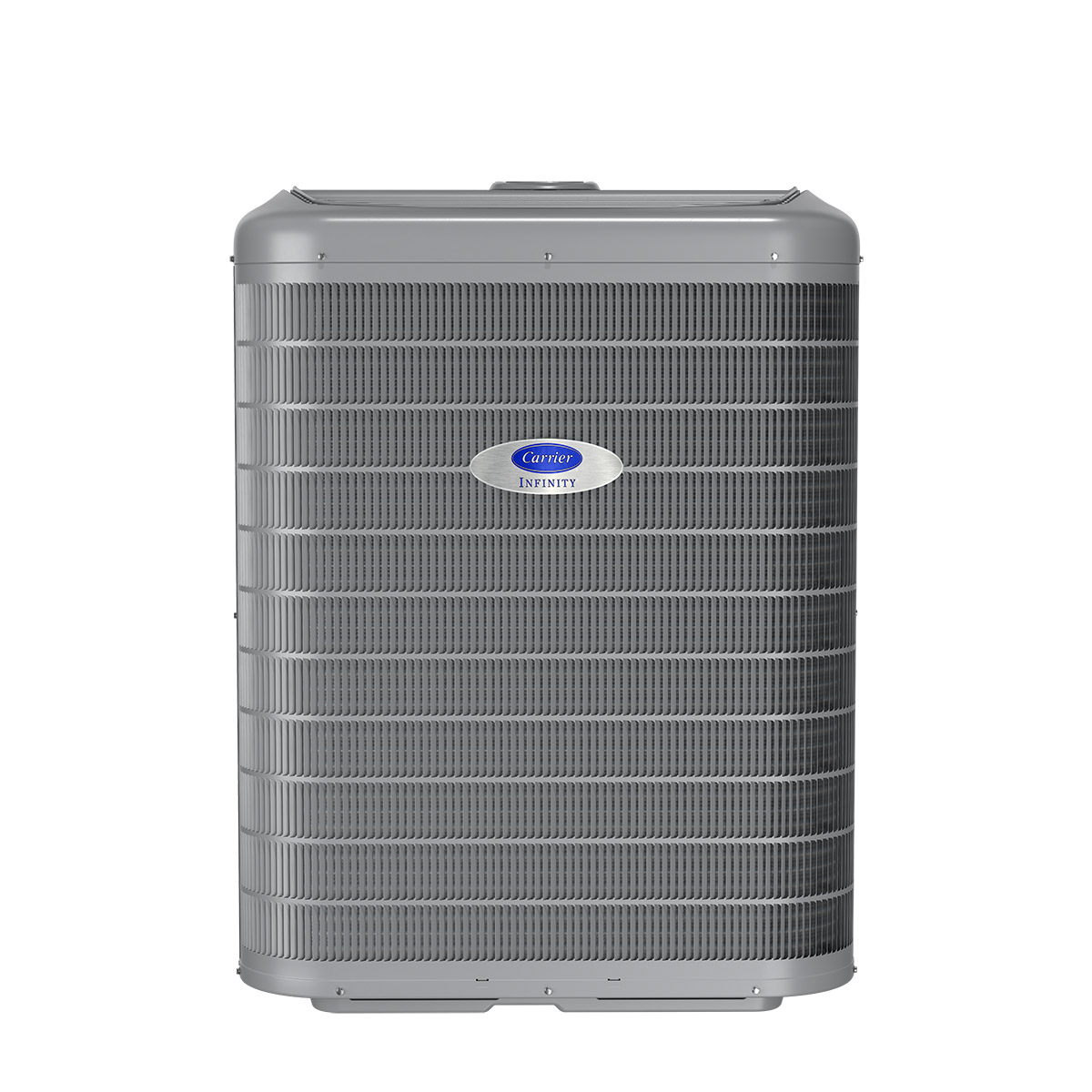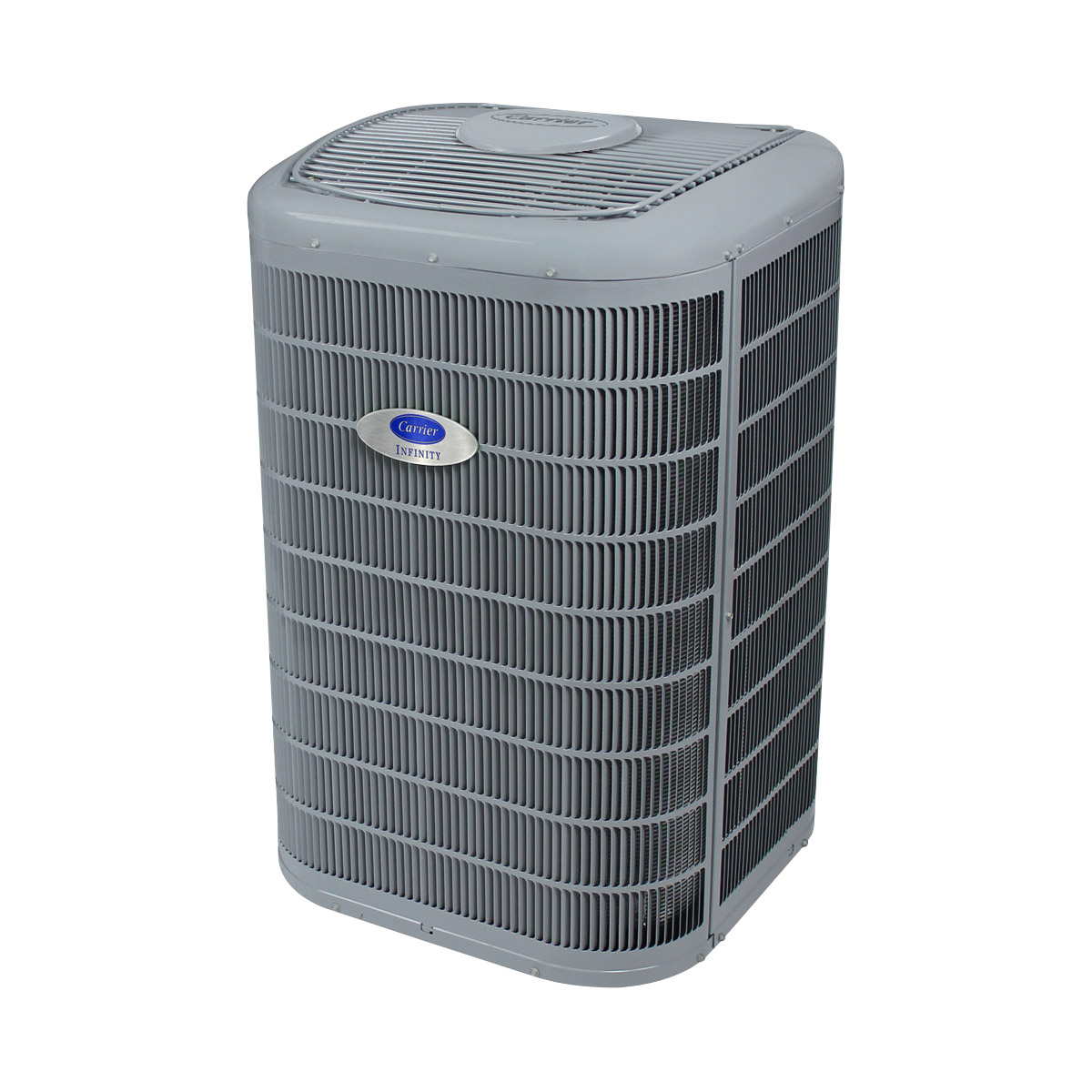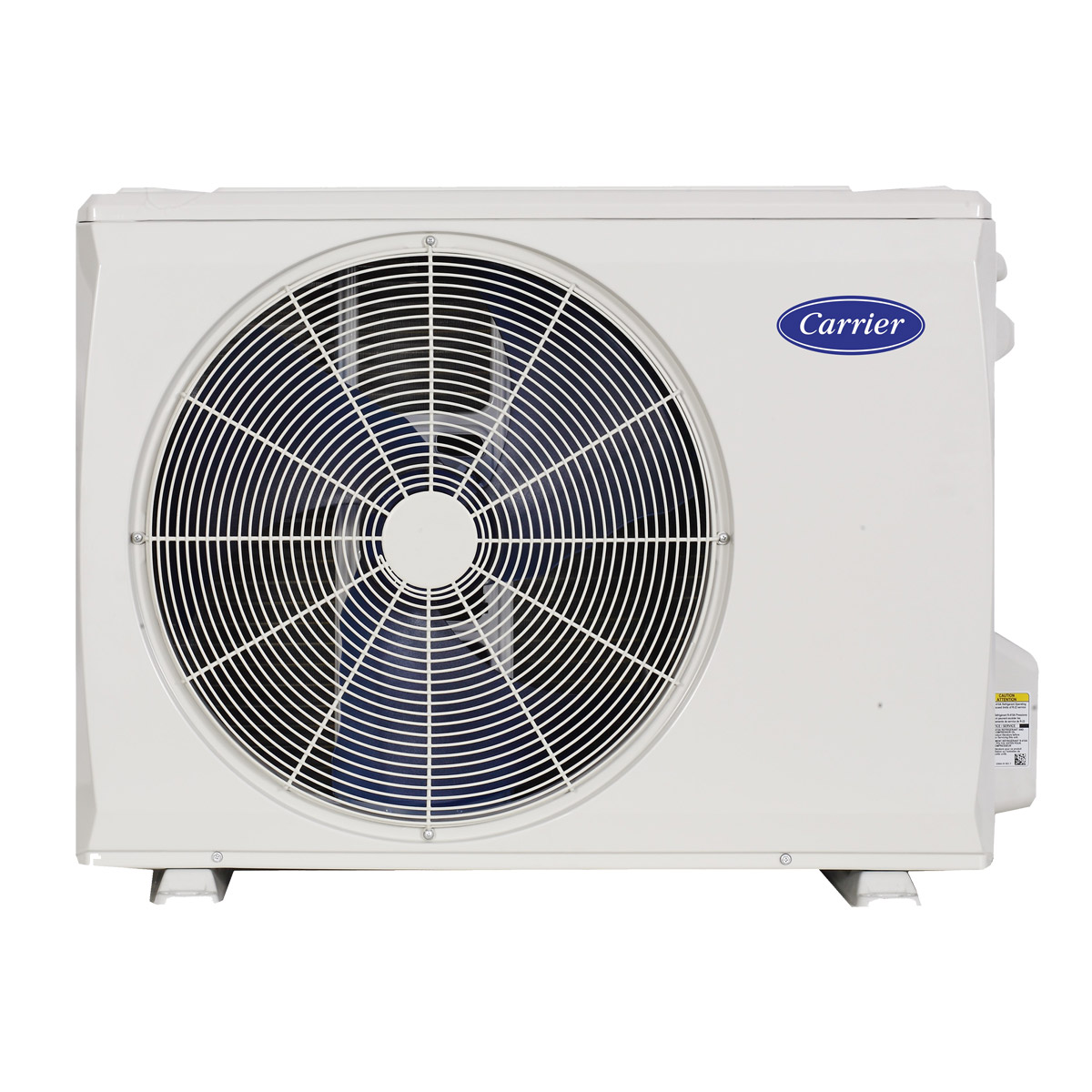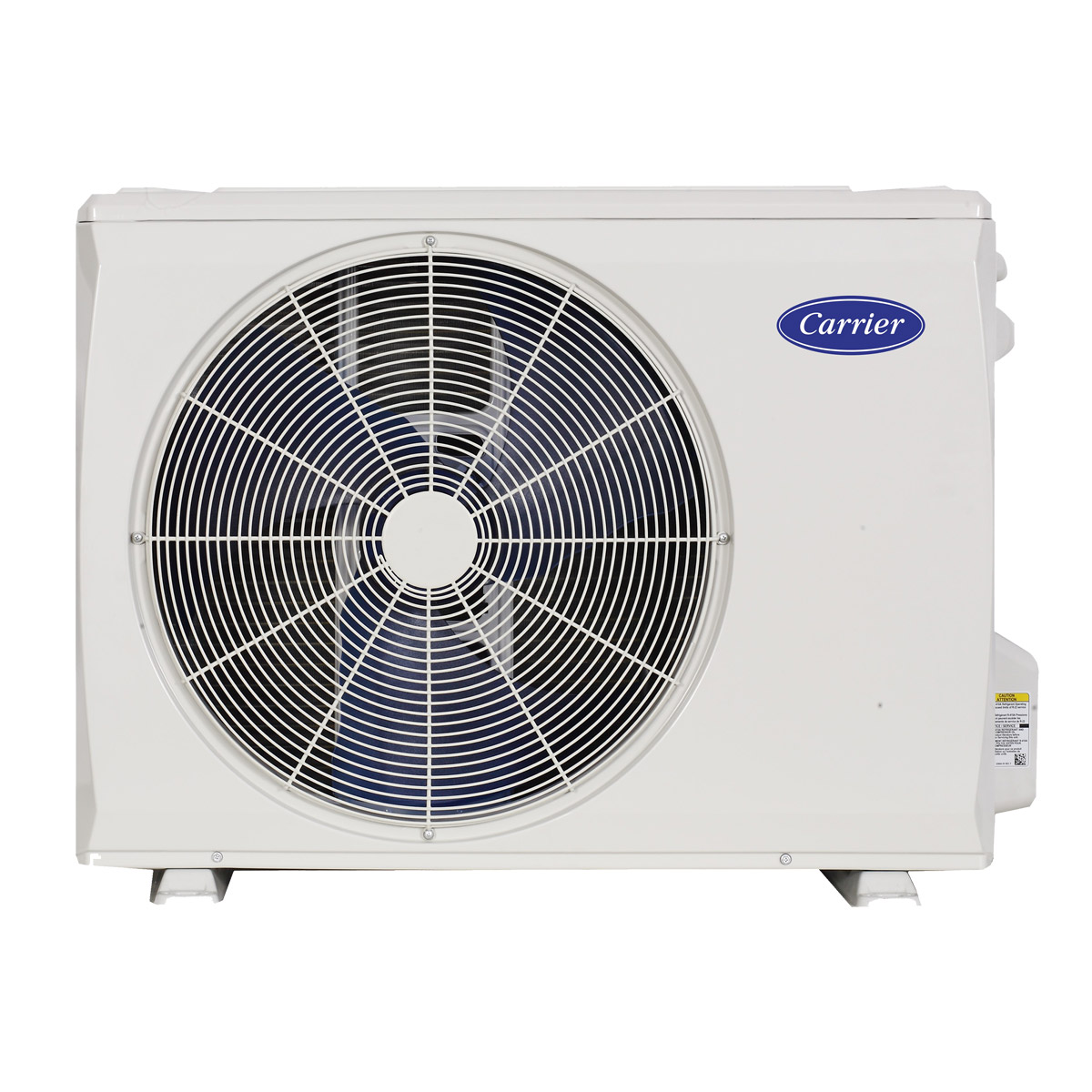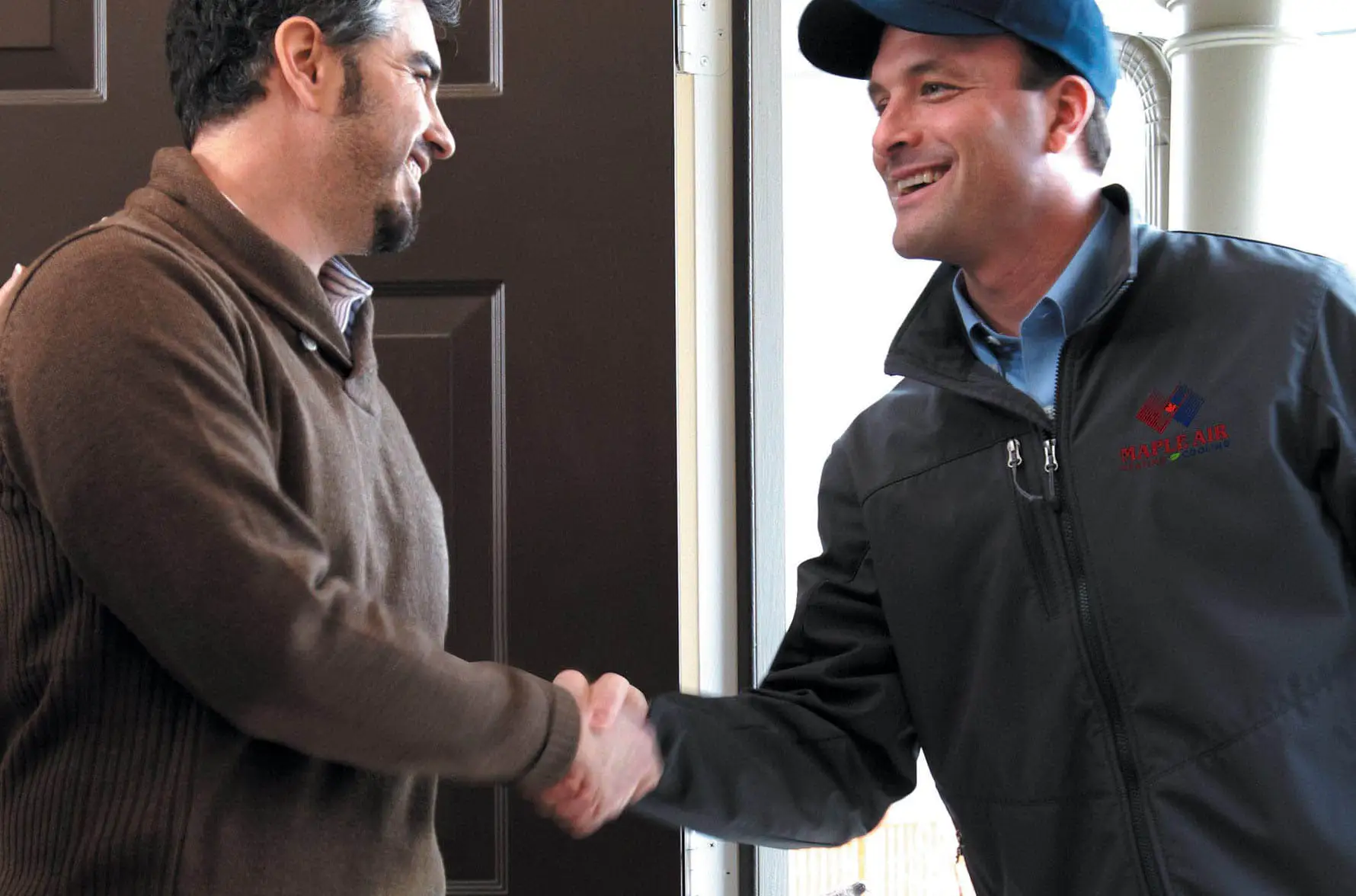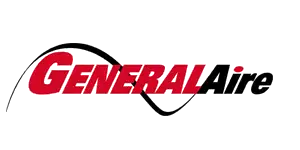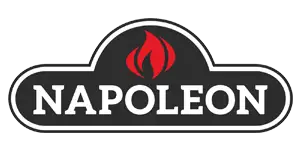Get a Free Price Quote on a Heat Pump
Call 877-780-6667 or fill out the form to receive a call from us to schedule a free in-home assessment and get your price quote.
Heat Pump Systems: Efficient and Environmentally Friendly Heating and Cooling
Upgrade your home with a high-efficiency heat pump solution. Heat pumps are powered by electricity rather than gas, making them an environmentally sustainable option for heating and cooling your home or office in the Greater Toronto Area. Save money on utility bills, experience heating and cooling flexibility for extreme Canadian temperatures, and reduce your carbon footprint. Contact us for our heat pump services, including installation, maintenance, repair, rebates, and financing options.
How a Heat Pump Works
A heat pump system works by transferring heat energy from one location to another, rather than generating it through combustion. This makes them a more efficient and environmentally friendly option for heating and cooling. They can also be used for water heating. With a heat pump, you can enjoy both warmth in the winter and coolness in the summer while keeping energy consumption low and saving money on utility bills.
BENEFITS OF INSTALLING A HEAT PUMP SYSTEM


Energy Efficient
Heat pumps transfer heat instead of generating it, using less energy to maintain a comfortable temperature year-round.

Environmentally Sustainable
Heat pumps rely on electricity, reducing carbon emissions and improving your environmental footprint. The majority of Ontario’s electrical sources are non-carbon emitting, which means significantly less CO2 emissions are produced as heat pumps don't require combustion.

Saves You Money
Heat pumps operate with greater efficiency and flexibility compared to conventional heating and cooling options, resulting in significant cost savings over time. Upgrade to an energy-efficient heat pump system in the Greater Toronto Area and save on your ever-increasing energy bills.

Flexible Heating and Cooling
By transferring air inside for heating and outside for cooling, heat pump systems are a flexible heating and cooling option for your home, making them a smart choice for efficient temperature control in the Greater Toronto Area.

Great for Canadian extreme temperatures
Heat pumps are great for extreme Canadian temperatures. They operate as a supplemental or primary heating source for your space, even in cold temperatures.
FAQ
-
What is a central heat pump?
A central heat pump is a versatile HVAC system that both heats and cools by transferring heat between your home and the outside environment. -
How does a central heat pump work?
Central heat pumps extract heat from the air or ground outside your home and transfer it indoors for heating in winter. In summer, they reverse the process to cool your home. -
Are central heat pumps energy-efficient?
Yes, central heat pumps are known for their energy efficiency, providing more heating or cooling power than the electricity they consume. -
What's the difference between air source and ground source heat pumps?
Air source heat pumps extract heat from outdoor air, while ground source pumps draw heat from the ground. Ground source pumps are often more efficient but may have higher installation costs. -
Can a central heat pump replace my air conditioner?
A heat pump can replace an air conditioner for cooling. It functions like an air conditioner in warm weather, extracting heat from indoors and releasing it outside. Additionally, it can provide heating by reversing the process in colder months, making it a versatile, year-round solution. -
What is the lifespan of a central heat pump?
Central heat pumps typically last 10 to 20 years with proper maintenance and usage condition. -
Do central heat pumps require regular maintenance?
For optimal performance, regularly maintain your central heat pump with these key steps: clean or replace air filters, monitor refrigerant levels,inspect and clean the indoor blower and outdoor fan for optimal airflow, conduct thorough coil cleaning, and schedule annual professional check-ups with Maple Air to prevent issues and ensure peak efficiency. -
Are central heat pumps suitable for all climates?
No, central heat pumps are designed with specific climates in mind. Traditionally, heat pumps were effective in moderate weather, but the introduction of cold climate heat pump systems has expanded their capabilities. Our cold climate heat pump systems, for instance, are engineered for colder climates, demonstrating reliable operation in temperatures as low as -30 degrees. This technological advancement ensures optimal performance even in severe winter conditions. -
Are central heat pumps noisy?
Modern central heat pumps are designed for quiet operation, but noise levels can vary between models. It's important to note that heat pumps typically operate quietly, and certain sounds are normal, such as the gentle hum of refrigerant passing through pipes and the natural expansion and contraction of the system during heating cycles. -
Why is a Heat Pump louder in heat mode than in cold mode?
When it gets colder, your central heat pump might make more noise when it's heating up. This happens because of a defrost cycle that briefly switches to cooling mode to melt ice on the outdoor unit, causing some extra noise. The pump also works harder in the cold, making the compressor and fan run faster, which adds to the noise. The denser cold air needs more airflow, contributing to higher fan noise. Just keep in mind these factors when dealing with noise levels in the winter. -
Why do central heat pumps produce condensation outside in winter, and what is the role of the defrost cycle?
During winter, central heat pumps may exhibit condensation outside due to the defrost cycle. As the heat pump extracts heat from cold outdoor air, moisture in the air condenses on the outdoor coil, forming frost. The defrost cycle briefly reverses the operation, melting the frost and causing condensation outside the unit. This is a normal part of the heat pump's operation in cold weather. -
Why might a customer experience noise or vibrations from their heat pump inside their house?
The construction of the house can affect how much heat pump noise and vibrations are felt indoors. Factors such as building materials, insulation quality, and structural integrity can influence the transmission of sound and vibrations within the house. -
What is HVAC?
HVAC is short for Heating, Ventilation and Air Conditioning. HVAC is commonly used to describe an entire heating and cooling system comprising of the duct work, air filters, humidification controls, and registers. -
Are there incentives for installing a central heat pump?
Absolutely, there are incentives available, particularly in Ontario. The Home Efficiency Rebate Plus (HER+) program offers substantial benefits,including up to $6,500 for heat pump installations through the Greener Homes Grant and the Home Efficiency Rebate program. These incentives aim to promote the adoption of energy-efficient heating and cooling systems, making it a financially rewarding choice for homeowners. -
Can central heat pumps be used in conjunction with other heating systems?
Certainly, central heat pumps provide a flexible solution that can be seamlessly integrated with different heating systems. They are compatible with furnaces for a hybrid heating and cooling configuration,can serve as a ductless heat pump solution, and also work effectively with air handler/fan coil systems, supplemented by an auxiliary heater for enhanced flexibility and efficiency.
-
Do central heat pumps work well in humid climates?
Yes, central heat pumps can effectively dehumidify indoor air during the cooling season, contributing to a more comfortable indoor environment. -
Explain how a 2-stage, variable speed furnace works
2-stage furnace has a variable speed, DC blower motor that is 75% less expensive to run than a conventional motor. This furnace operates on low-fire, burning less fuel, 90% of the time. When higher heat is needed high-fire will provide heat quickly, using all of the available gas. Coupled with a blower that circulates air continuously on low speed, this kind of furnace will keep the air temperature even throughout your home, control humidity and filter air 24hrs a day. This is the best climate control available.
-
Can I install a central heat pump myself?
Installation of central heat pumps requires professional expertise. Installation is not recommended, as it may lead to inefficiencies and potential safety hazards. -
Do central heat pumps come with warranties?
Indeed, central heat pumps typically offer a 10-year parts warranty from the manufacturer and a 1-year workmanship labor warranty. It's important to carefully review the warranty terms and ensure proper registration to activate both aspects of coverage. For an extended labor warranty, consider enrolling in Maple Care, our maintenance and protection plan, which provides an additional 10-year labor warranty from Maple Air. -
Can central heat pumps be controlled remotely?
Many modern central heat pumps come with smart features, allowing remote control through mobile apps or home automation systems for added convenience. -
How do I choose the right size central heat pump for my home?
Proper sizing is crucial for efficiency. A professional HVAC technician can perform a load calculation to determine the appropriate size based on your home's characteristics. -
Do central heat pumps require a backup heating source in cold climates?
In extremely cold climates, some central heat pump systems may benefit from a backup heating source, such as electric resistance heating, to ensure optimal performance. -
Can I install a central heat pump if I already have ductwork for a furnace?
Yes, if your home has existing ductwork, a ducted central heat pump can often be installed as a replacement for or alongside a traditional furnace. -
Are there financing options available for central heat pump installations?
Absolutely, at Maple Air, we provide tailored financing options to suit your needs. Connect with your HVAC Sales Consultant to explore our current financing offers, including attractive 0% deferral options. We aim to make central heat pump installations accessible and convenient for our customers. -
What are the reasons for elevating heat pumps off the ground, and what advantages does this practice offer in terms of drainage, snow prevention, air circulation, debris protection, and maintenance accessibility?
Heat pumps are often elevated off the ground for several reasons. This practice helps with drainage, preventing water accumulation, especially in rainy or snowy conditions. Elevating the unit also prevents snow buildup,promotes better air circulation, protects against debris, and facilitates easier maintenance access for technicians. This is typically done by placing the heat pump on a concrete pad or platform designed to support its weight. Following manufacturer recommendations and consulting with HVAC professionals ensures proper installation and adherence to guidelines. -
How much does it cost to install a central heat pump?
Installation costs vary based on factors like the size of your home, the type of heat pump, and local labor rates. It’s best to obtain quotes from reputable HVAC professionals.
